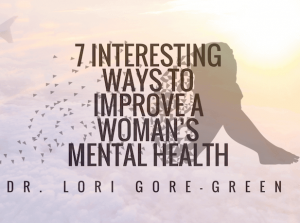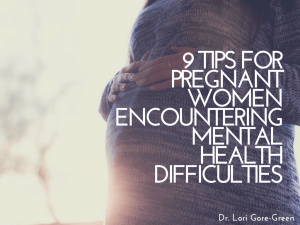Many older adults deal with at least some level of cognitive impairment. About 25% of people over 65 suffer from at least mild cognitive impairment. Alzheimer’s disease, however, is the most prevalent form of dementia seen in older people. This disease can cause changes to the way people act, damage their memories and their thinking. It can also affect the ability of patients to communicate by making it hard for them to speak clearly.
Alzheimer’s is a terrifying thing for many people. Family members feel they’ve lost their loved ones to the disease. Research shows that Alzheimer’s disease affects neurons in the brain. They become damaged and unable to connect properly with one another. Eventually, the brain actually begins to shrink and finally atrophy.
All of this sounds very scary, but the good news is that researchers have uncovered ways to prevent the onset of dementia. Many of these are simple tips that are already recommended for general health. It turns out that things like general health and heart health are closely related to brain health. For example, when blood pressure becomes too high, it increases the risk of vascular dementia. Similarly, high levels of cholesterol can also impact the development of dementia. Physical exercise helps prevent both dementia and heart disease.
Some key advice for long-term brain health includes not smoking. Smokers are at an increased risk of developing dementia. Thankfully, quitting reduces the risk to almost the same level as people who have never smoked. Moderating the amount of alcohol one drinks is also important. Some alcohol, especially red wine, can have health benefits. Drinking to excess can increase the risk, too.
Other recommendations are less intuitive and deal more with perceptions and relationships. For example, some researchers believe that hearing loss can contribute to the development of dementia. The loss of auditory input can separate people from much of the world. They advocate for hearing aids and even say they may help people maintain their memories.
Social interactions with friends and family are also important. Loneliness, an emotional state, has a surprising impact on health. Sleep problems seem to be linked to cognitive decline, too. Treating such issues in middle age may be important for long-term cognitive health.

